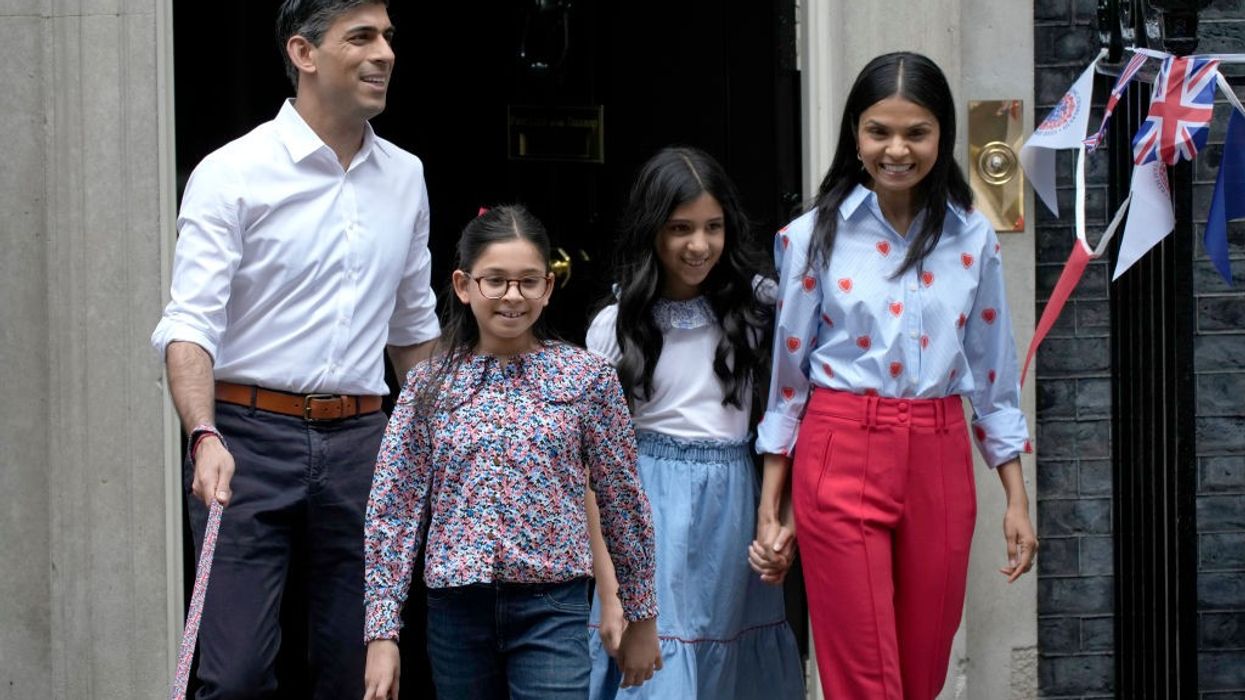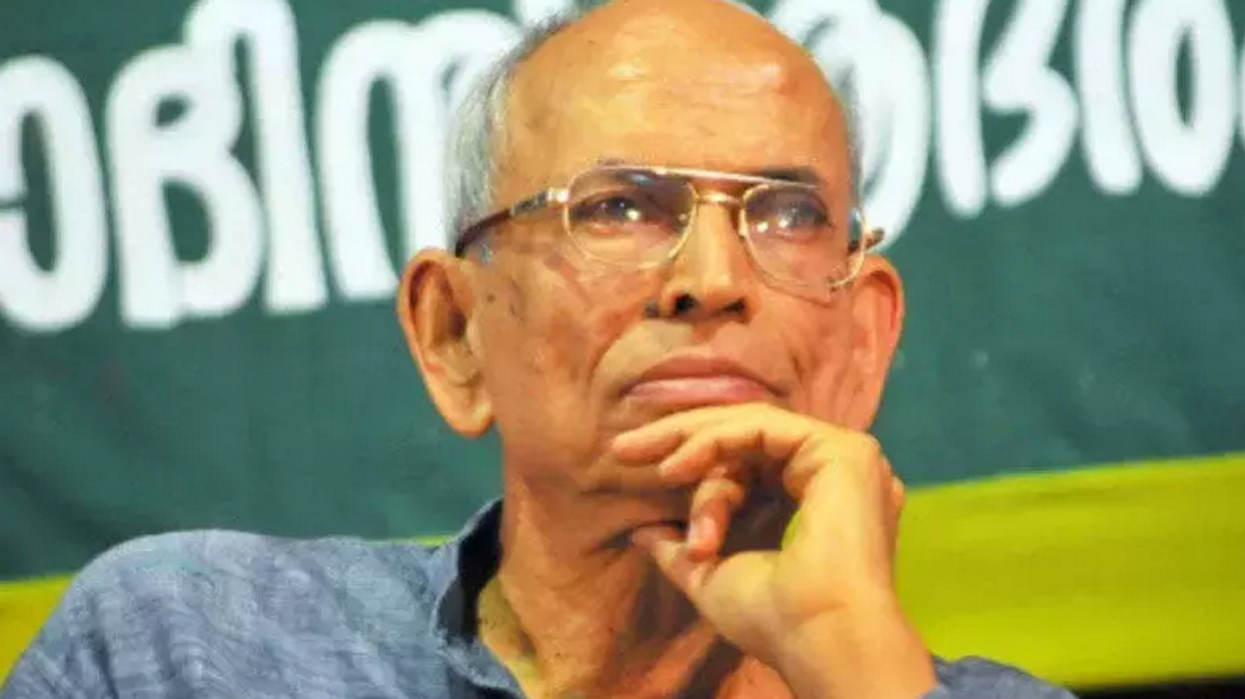PRIME MINISTER Rishi Sunak has admitted it is a hard balance for him to strike as the father of two young children and holding the top job of leading the country through various crises.
In a friendly podcast interview for The Times with former Tory leader William Hague, the 43-year-old British Indian leader was asked about some of the challenges of taking charge at 10 Downing Street in the wake of intense political turmoil.
He shared his concerns about not being able to find as much time as he would like to focus on his daughters Krishna, 12, and Anoushka, 11.
“I’ve got two young girls who mean the world to me and it’s hard to balance being a good dad and doing the job well,” said Sunak.
“You have to prioritise this job because it’s an important job and you’re doing it on behalf of the whole country. So not being there for them as much as any dad would like to be is a challenge. There are particular moments where you feel that acutely because there’s something very difficult going on. That’s tough, but that’s the job."
Further, on a personal note about his Indian heritage, Sunak said he would like to “understand a bit more about” his grandparents who migrated from East Africa via India.
“My grandparents largely went from India to east Africa and then my parents and grandparents came from east Africa to the UK as immigrants and when my grandmother made that journey, I think it was probably one of the first times she had been on a plane. I think she didn’t know when she was going to see her family again,” he said.
Southampton-born Sunak pointed out that while his grandmother had come to the UK “not quite knowing how that would all work”, within a couple of generations he was sitting in former prime minister Margaret Thatcher’s study in Downing Street for the newspaper's The Story podcast.
“That is an incredible journey. I’m inspired by that, and that’s something that speaks to our country’s story of openness and tolerance. I think there are very few countries in the world where my story would be possible… my family’s story is one of hard work, loving family and service to a community; those were the values I was raised with and I would like to understand where all that came from,” he said.
Hague, a Tory veteran and Sunak’s predecessor as the member of Parliament for the Richmond Yorks constituency in North Yorkshire probed his young successor on the difficult scenario in which he had taken over as prime minister in October 2022.
While acknowledging he had been handed the “worst hospital pass” in the wake of the short-lived premiership of Liz Truss, Sunak insisted that he feels optimistic that there are better times ahead.
“I think someone described it as the worst hospital pass for any incoming Prime Minister in however many decades. There’s lots of frustration, we’ve been through a lot as a country over the past few years, which people are understandably frustrated about. It makes the environment trickier but I am entirely confident that there are better times ahead,” he said.
“All the things that I have been working hard on for the last year I think you can start to see are making a difference, that change is starting to become more apparent in people’s lives and that is what gives me optimism about the future."
(PTI)













